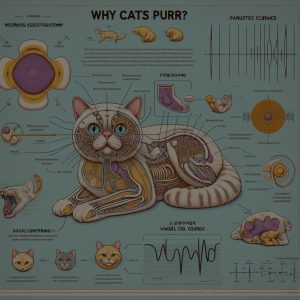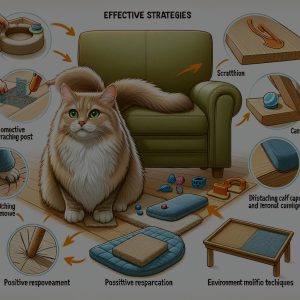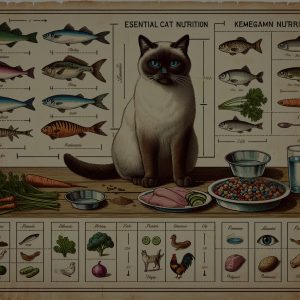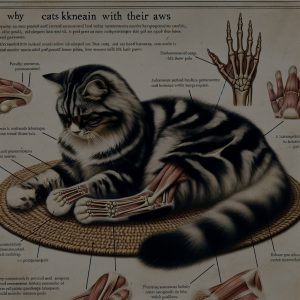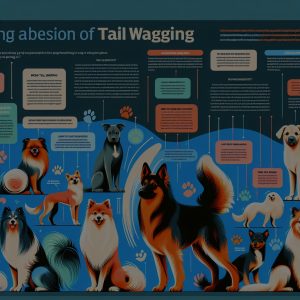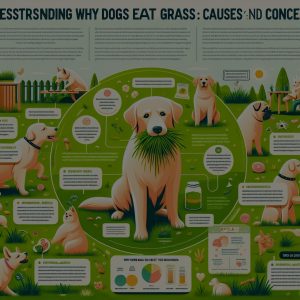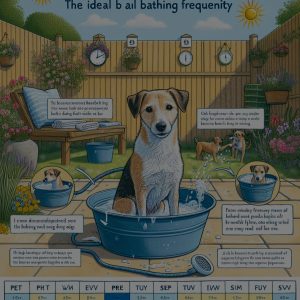
As a responsible pet owner, ensuring that your feline friend is receiving the proper nutrition is essential for their overall health and well-being. Choosing the best diet for your cat can be a daunting task with the multitude of options available in the market. In this article, we will discuss the key factors to consider when selecting cat food and provide tips to help you make an informed decision for your beloved pet.
Understanding Your Cat’s Nutritional Needs
Cats are obligate carnivores, which means that their diet should primarily consist of animal-based proteins. They require essential amino acids like taurine, arginine, and cysteine, as well as vitamins and minerals to maintain their optimal health. A balanced diet for cats should include high-quality protein sources, moderate amounts of fats, and minimal carbohydrates. Understanding your cat’s nutritional needs is crucial in selecting the right diet that will support their growth, energy levels, and overall health.
Factors to Consider When Choosing Cat Food
When choosing cat food, it is important to consider the age, activity level, and health status of your cat. Kittens require a diet that is rich in protein and calories to support their growth and development, while adult cats may need a diet that helps them maintain a healthy weight. Cats with certain health conditions, such as diabetes or kidney disease, may require a specialized diet prescribed by a veterinarian. Additionally, you should look for cat food that is AAFCO (Association of American Feed Control Officials) approved, indicating that it meets the nutritional standards for cats.
Tips for Selecting the Best Diet for Your Cat
To select the best diet for your feline friend, consider choosing a cat food that lists a high-quality protein source, such as chicken or fish, as the first ingredient. Avoid cat food that contains fillers, by-products, or artificial additives that may not provide the necessary nutrients for your cat. It is also advisable to consult with your veterinarian to determine the specific dietary requirements of your cat and get recommendations on the best cat food brands available. Lastly, introduce any new diet gradually to prevent digestive issues and monitor your cat’s response to ensure that the chosen diet is well-tolerated.
Choosing the best diet for your cat is a critical decision that can have a significant impact on their health and well-being. By understanding your cat’s nutritional needs, considering various factors when selecting cat food, and following helpful tips, you can provide your feline friend with a diet that supports their overall health and happiness. Remember to monitor your cat’s weight, energy levels, and overall condition regularly to ensure that their diet is meeting their nutritional requirements. With the right diet and proper care, your cat will thrive and lead a healthy life.
Sure! Here’s a naturally formatted, SEO-friendly “You might be interested in” paragraph with embedded links to relevant Wikipedia articles: — You might be interested in further enhancing your knowledge about feline nutrition and care. Speaking of **feline nutrition**, you might find it helpful to read more about the importance of Taurine in a cat’s diet, an essential amino acid that supports various bodily functions. Additionally, understanding the dietary requirements during different life stages is crucial; for instance, learn more about the specific needs of kittens and how their nutritional requirements differ from those of adult cats. Finally, if your cat has specific health conditions, such as feline diabetes or chronic kidney disease, it’s essential to understand how these conditions can affect their dietary needs. By expanding your knowledge on these topics, you can ensure that your feline friend receives the best possible care.

